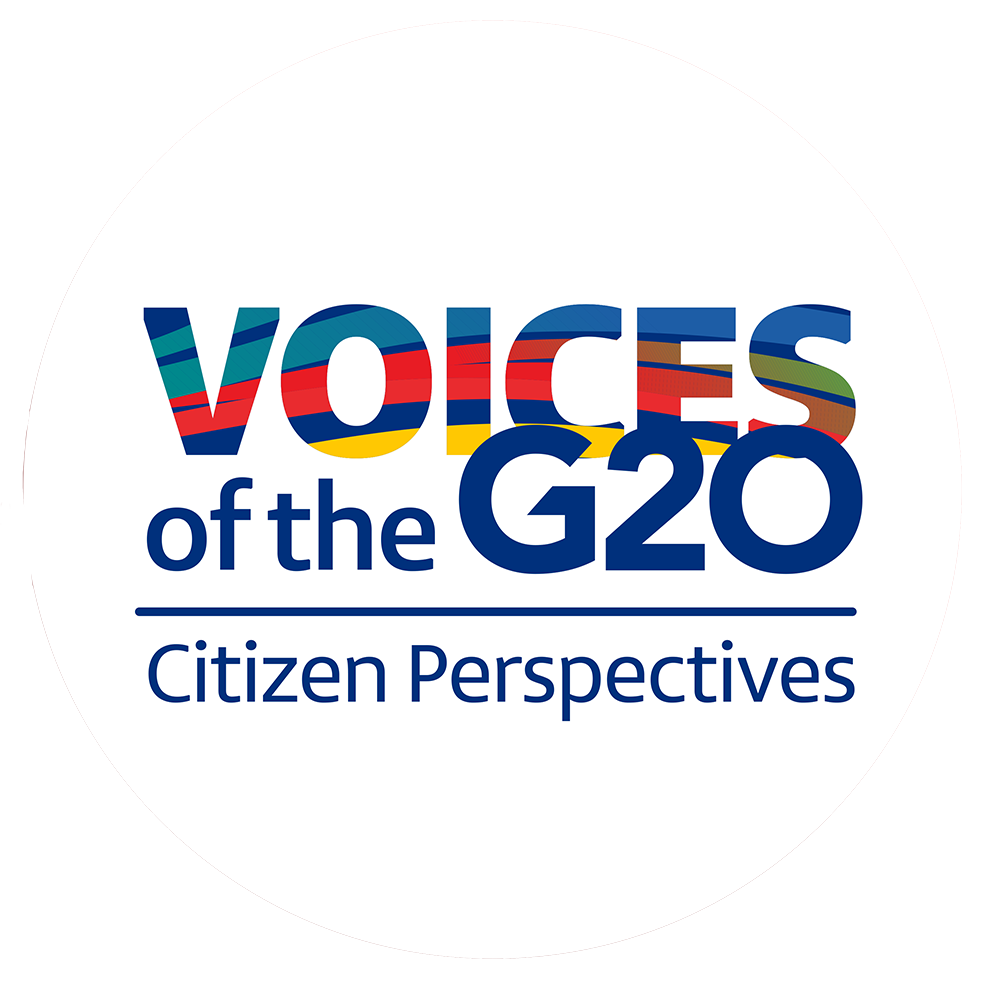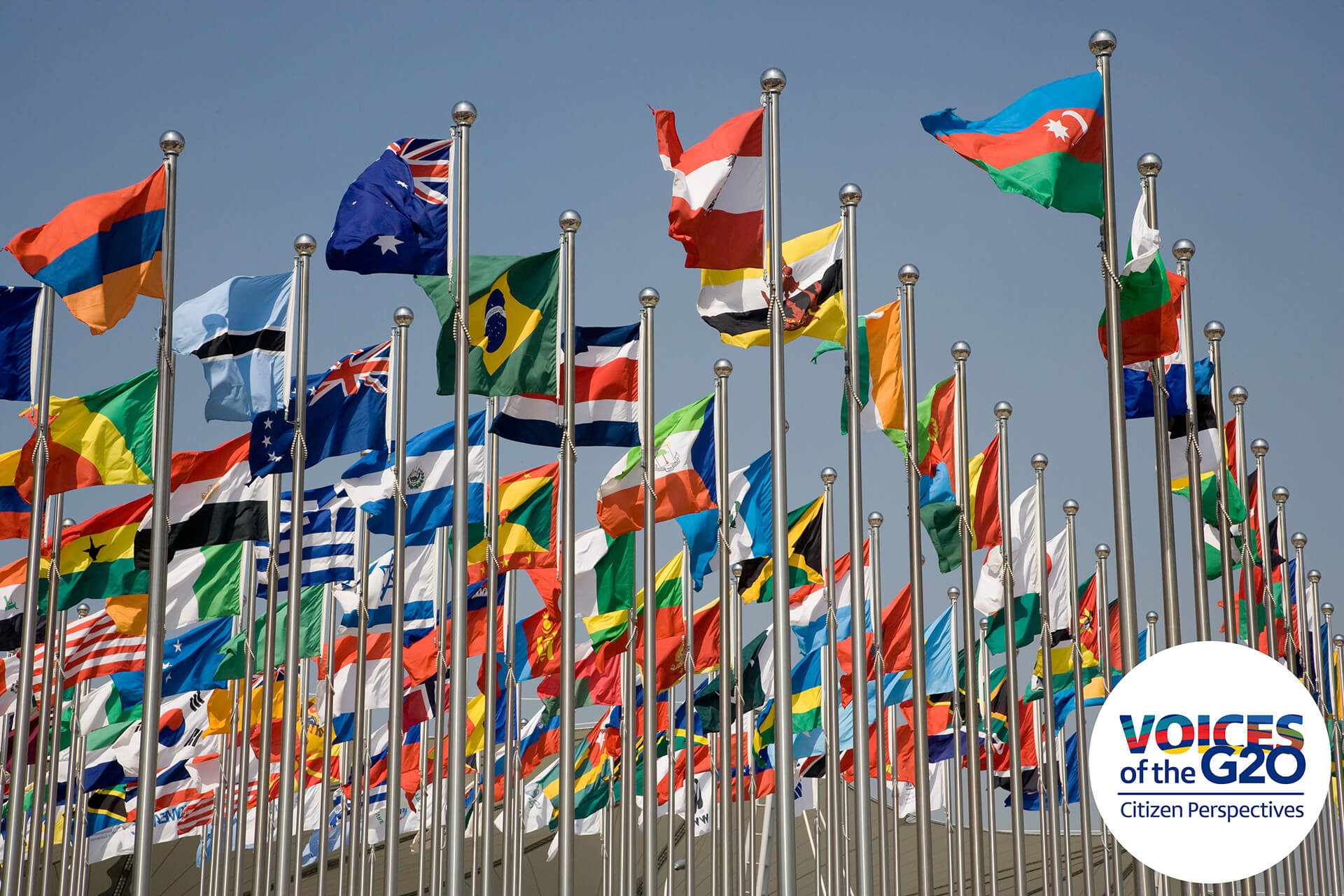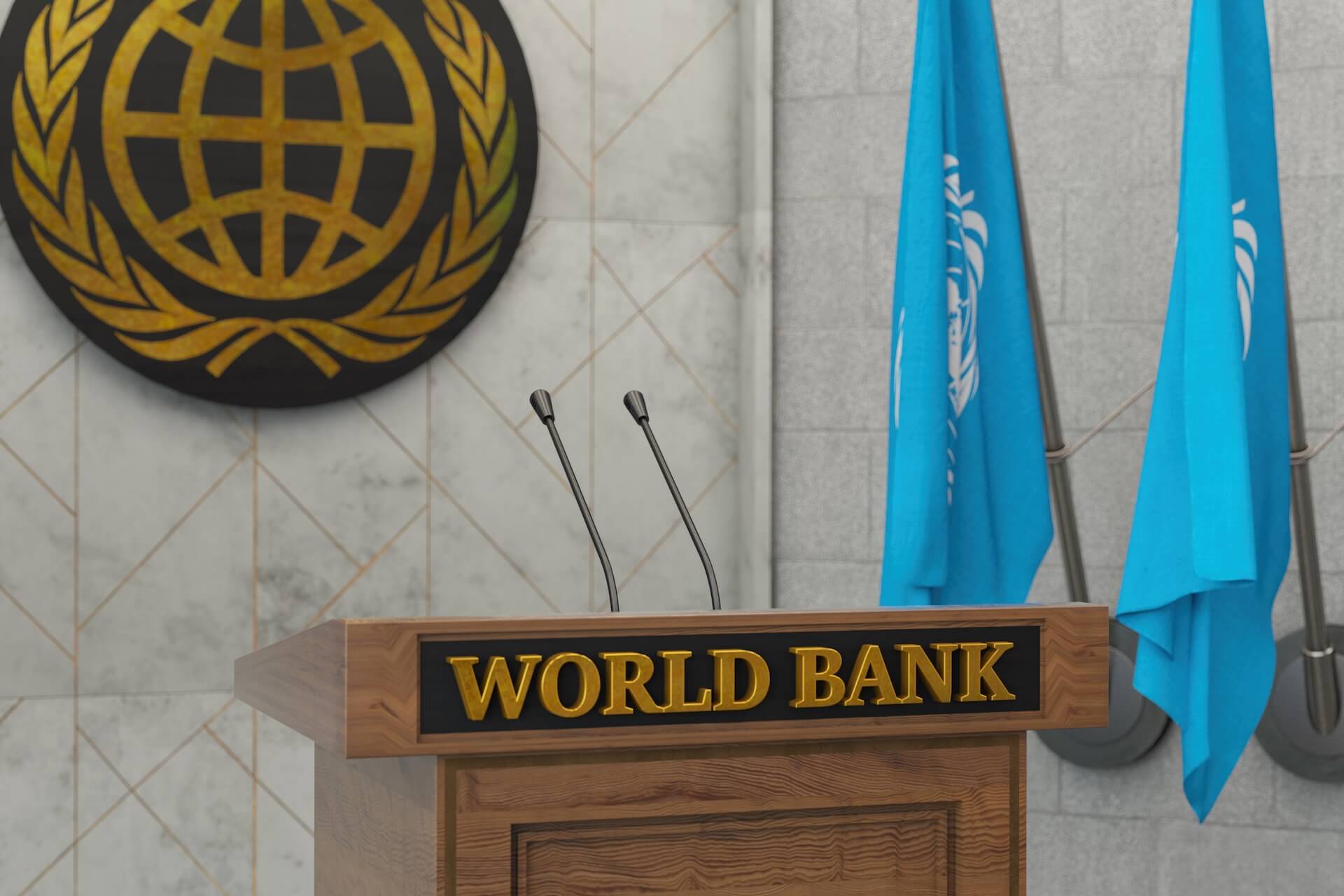Citizen perspectives: global governance reform is a condition for eliminating inequalities

Scholars and civil society advocate an urgent restructuring of global governance organizations and the Bretton Woods institutions to address contemporary challenges and increase global representation. Inequalities in the Global South are also a result of the unequal distribution of power in these forums.

It is undeniable that international organizations have played a central role on the global political stage. Through diplomacy, they avoided conflicts and acted in humanitarian emergencies and for peacekeeping. Conceived in the mid-1940s, scholars and experts say that the multiple recent crises and the relative failure to prevent them have called into question the effectiveness of global multilateral institutions. The urgent need to reformulate these structures and practices to improve representation and diversity is also on the agenda of civil society worldwide.
Global governance organizations were created to address economic, political, security, or cultural issues that affect more than one state by adopting legal agreements that facilitate and manage cooperation between countries. They are multilateral, as their boards are comprised of entities and countries that work together to find solutions agreed upon by all members.
Among the global governance entities are the United Nations and its agencies, the World Trade Organization (WTO), the Organization of American States (OAS), the Bretton Woods Institutions (BWIs), the World Bank and the International Monetary Fund (IMF).
Gustavo Glodes Blum, a researcher in the Geography of International Relations, internationalist, and geopolitical analyst, explains that the reform of multilateral governance organizations is perceived on two levels: the need to achieve it and its feasibility. This highlights the historical asymmetries between nations. For him, the reform is urgent for countries that regard international cooperation as a means of achieving their domestic goals. Meanwhile, for the economic powers, it could cause them to lose power.
Among the global governance entities are the United Nations and its agencies, the World Trade Organization (WTO), the Organization of American States (OAS), the Bretton Woods Institutions (BWIs), the World Bank and the International Monetary Fund (IMF).
“The reform seems more urgent for the first group, which includes not only developing countries but also those that consider international stability to be at the heart of security and the absence of conflicts that could have a disruptive effect on their commercial, economic, cultural, or social practices. For the second group, it could cause them to lose power, so the reform should be delayed as much as possible,” explains the geographer.
Blum points out that global urgencies have changed, reinforcing the need to find standard solutions to current problems. “If the environmental issue, global demographics and the fight against poverty appeared as common objectives for humanity at the turn of the 21st century, today the range of emergencies - climate, social, economic, institutional, violence - has been forcing the discussion on changing the global architecture of power and the institutions that underpin actions of countries on the international stage,” the internationalist analyzed.
In the same vein, Pedro Silva, a researcher in international relations and political economy, mentions that the crucial point is how multilateral institutions will conduct these reforms, arguing for a more representative and inclusive model as essential to address the inequalities rooted in the international system. The researcher emphasizes that, despite the current geopolitical challenges, the democratization of spaces for international political decision-making is fundamental to creating dialogue conditions for the peaceful resolution of conflicts and for effectively tackling global inequalities.
For the internationalist, global governance reform needs to be wide-ranging, with a special focus on ecological transition and tackling inequalities. Thus, a sustainable economic model, which is fundamental to guaranteeing humanity's survival on the planet, will be possible.
“If the environmental issue, global demographics and the fight against poverty appeared as common objectives for humanity at the turn of the 21st century, today the range of emergencies - climate, social, economic, institutional, violence - has been forcing the discussion on changing the global architecture of power and the institutions that underpin actions of countries on the international stage."
"A system reform that addresses inequalities while solving other problems could create green jobs as a central element. A transition aimed at achieving the necessary transformations, jobs engaged in activities with low emissions and geared towards the transition to a more sustainable economy,” Silva proposes.

Response to the increasing disputes over global power
For Milena Megre, political scientist and co-chair of T20 Just Energy, the G20 Think Tank engagement group, the need for reform includes several interconnected reasons, such as the historical evolution of the organization of global power. Megre points out that recognizing common global goals, such as those set out in the Kyoto Protocol and at the 1992 Rio Summit, demonstrated the need for deeper and more inclusive international cooperation.
“We realized we would have to deepen our international cooperation, and this could not be limited to a group of countries that have always been predominant in international relations. We would need all of them,” said the expert
Megre emphasizes that the expansion of these global goals, exemplified by the transition from the Millennium Goals to the 17 Sustainable Development Goals, required an approach that considered each country's socioeconomic and political specificities. She argues that it is crucial to analyze each nation's particular scenarios for achieving goals in some areas, such as poverty, health, climate change, and gender equality, recognizing that the challenges occur in different ways in different contexts.
The expert concludes that reforming the institutions of global governance is essential to create an equitable space for international decision-making: “It is necessary to create a truly egalitarian space, where everyone can sit at the decision-making table and participate equally, in order to be able to develop a plan to achieve these goals together, but respecting and taking into account the peculiarities of each country so that we can achieve this efficiently,” she concludes.
Focusing on the urgencies of the Global South
Historically, Global South countries have not been included in the decision-making processes of multilateral organizations. Although, there have been efforts recently to overcome this situation, such as an increase in IMF sectors administered by sub-Saharan African countries, they are still insufficient given the needs of these countries in terms of overcoming inequalities, fighting poverty, and mitigating the effects of the climate crisis.
Luiz Vieira is the coordinator of the Bretton Woods Project, a network of British non-governmental organizations and social movements that seeks to pressure international financial institutions so that their programs strengthen the human rights of vulnerable populations instead of accentuating them. Vieira believes that the current system is anachronistic. Despite multiple efforts by Global South countries to change the correlation of forces, rich nations dominate decision-making power and the rules and norms of the international economy.
“The current system imposes restrictions on the sovereignty of Global South countries with serious consequences for their citizens. It sets and reinforces limits on these countries’ key policies, such as taxation, debt, and the ability to develop the industrial policies required to avoid dependence on commodity exports and consequently avoid external impacts, including those resulting from the climate crisis,” he stressed.
“The current system imposes restrictions on the sovereignty of Global South countries with serious consequences for their citizens. It sets and reinforces limits on these countries’ key policies, such as taxation, debt, and the ability to develop the industrial policies required to avoid dependence on commodity exports and consequently avoid external impacts, including those resulting from the climate crisis,” he stressed.
According to Vieira, the inequality and injustices of this system in the actions of response and recovery of the economies of the Covid-19 pandemic resulted in “millions of deaths in the Global South, with the concentration of access to vaccines and personal protective equipment being key elements of the dynamics.” For him, the reform is a matter of "life and death" because it impacts countries' ability to guarantee their citizens' human rights.
Blum describes how this scenario has accentuated the tendency of different countries to engage in protectionist practices, which, according to the researcher, has been deepening since the 2008 global financial crisis. “The challenges that the world faces today seem to challenge this logic because, as in the case of the COVID-19 pandemic, we can no longer talk about phenomena that can be controlled through nationalist and protectionist policies. Covid-19 reminds us, as in the case of the climate emergency, that no one is protected as long as someone else is unprotected,” he pointed out.
Based on this scenario, Silva argues that the demands of the Global South should be represented and treated seriously and that governance reform could be a first step in addressing these nations' issues and especially promoting the ecological transition. “A reform that addresses inequalities while solving other problems could have the creation of green jobs as a central element. This requires investments and resources that Global South countries do not have or have difficulty accessing - long-term credit, financing projects - but that can and need to be better directed through reforms in international economic governance,” the researcher said.

International governance needs essential changes
Luiz Vieira also proposes changes in the balance of global decision-making. He suggests ending the informal agreement that keeps the IMF under the leadership of the Europeans and the World Bank under the Americans' presidency. For him, leaders of these institutions should be selected based on merit and through formal and transparent processes. Another change the expert indicates is the immediate suspension of the IMF's surcharge system, which penalizes countries for the amount or duration of their loans.
For Vieira, both the World Bank and the IMF must develop a human rights policy to guide their programs and initiatives as a basis for creating a more just and equitable international financial system. Finally, he indicates that the Bretton Woods institutions should be integrated into the UN system, with "the management and elaboration of the financial system significantly transferred to the UN," he exemplifies. "The IMF shouldn't have a crucial role in the process of resolving debt crises – since the institution is a creditor and therefore faces a conflict of interest during the processes,” he stressed.
Gustavo Blum pointed out that the complexity of the UN's situation regarding a reform is not necessarily due to its structure but to the evolution of its functions over the last decades. According to him, the organization expanded its role from an international forum for debates to an entity with a more propositional agenda, offering guidelines for member states.
The analyst emphasized the importance of initiatives such as the Millennium Development Goals, the Sustainable Development Goals, and the 2030 Agenda, which have made the UN a reference for global public policies. However, Blum mentioned that the success of these initiatives depends on the voluntary commitment of countries, which is beyond the organization's direct control. “Finding a way to engage countries and to advance the international democratization of these institutions seems to be an important path to follow nowadays,” he said.
Translated by PGET-UFSC